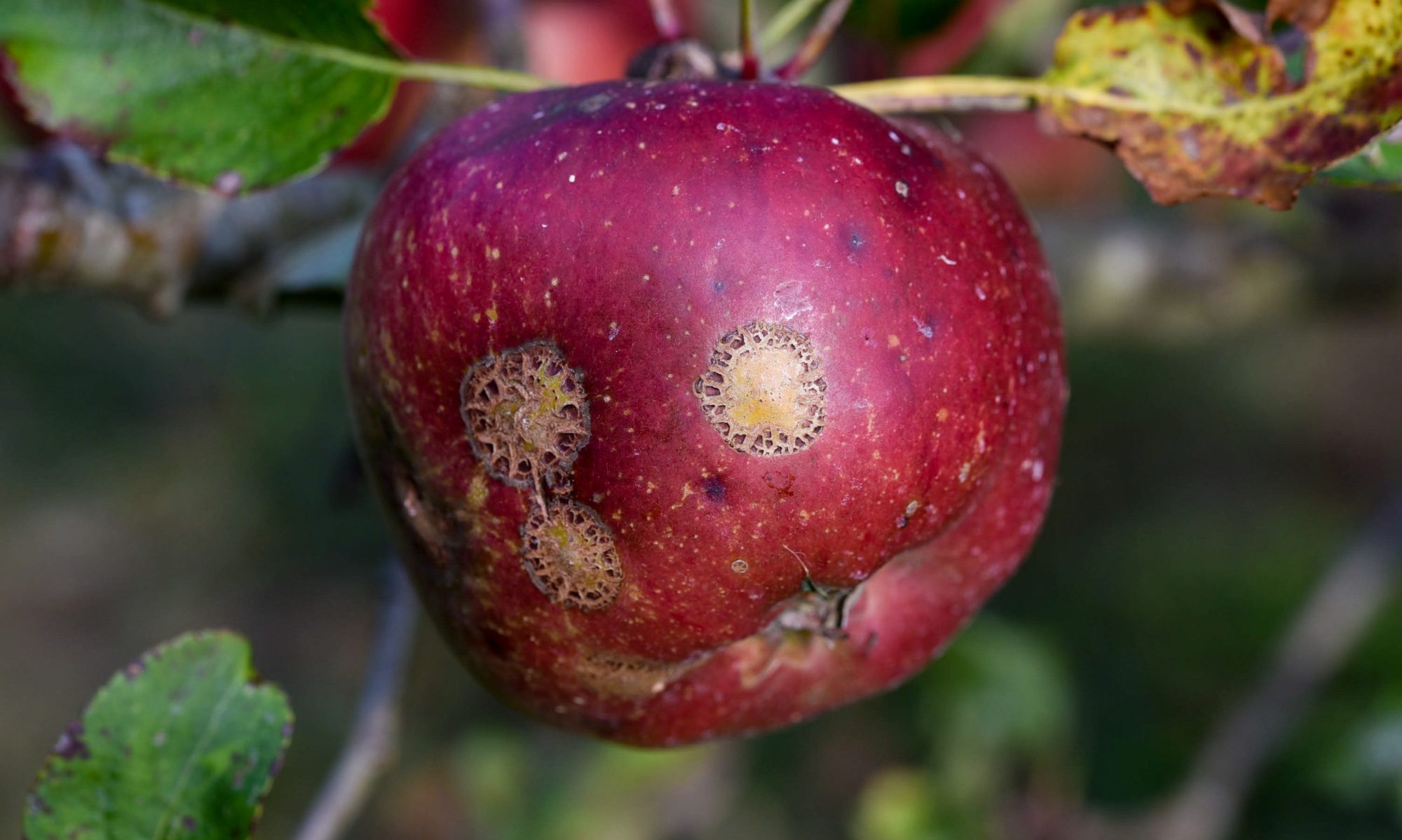Fusarium foot rot, a common soil fungus that attacks a plant’s vascular system through infection.
Also known as:
Root rot
Fusarium foot rot (Fusarium solani), a soil fungus that invades and clogs a plant’s vascular system through infection. Plants yellow, then succumb as the stems are affected and die fairly quickly. Fungus develops on the stem. Fusarium foot rot is highly contagious.
Fusarium solani is a common soil fungus that breaks down plant remains in the soil, but can also cause fungal diseases in plants, humans and animals.
The symptoms may resemble those of Black root of cucurbit (Phomopsis sclerotioides).
Where to find
- Jerusalem artichoke
- Artichoke
- Zucchini
- Pea
- Cucumber
- Gherkin
- Melon
- Paprika
- Broad bean
- Belgian en
dive
Control
Fusarium foot rot cannot be controlled; infested plants should be removed as soon as possible to prevent infestation of other plants.
Prevention
Provide healthy plant material, resistant cultivars and soil that is not too wet. Nematodes (roundworms) help prevent Fusarium foot rot (biological soil disinfection) – this technique is often used in horticulture.

